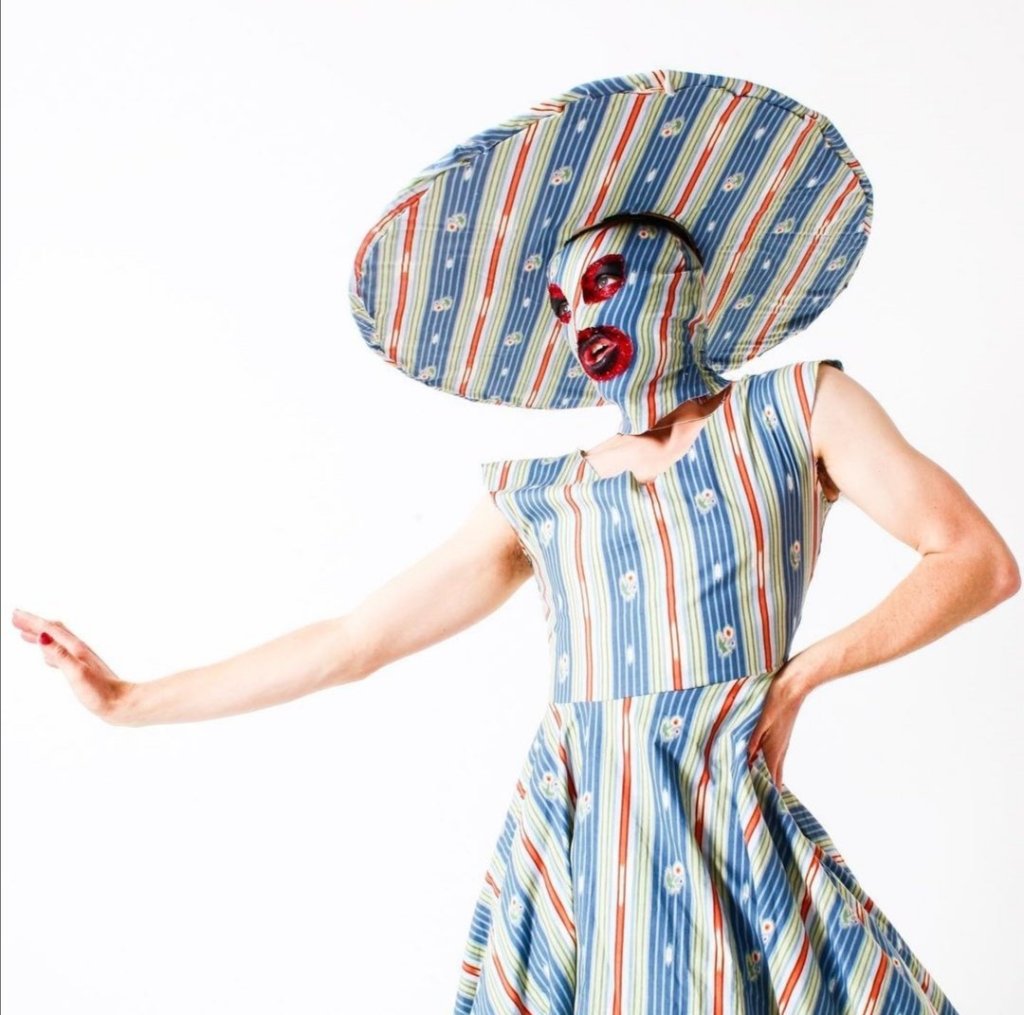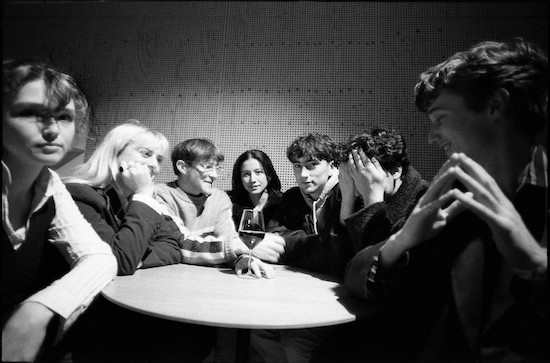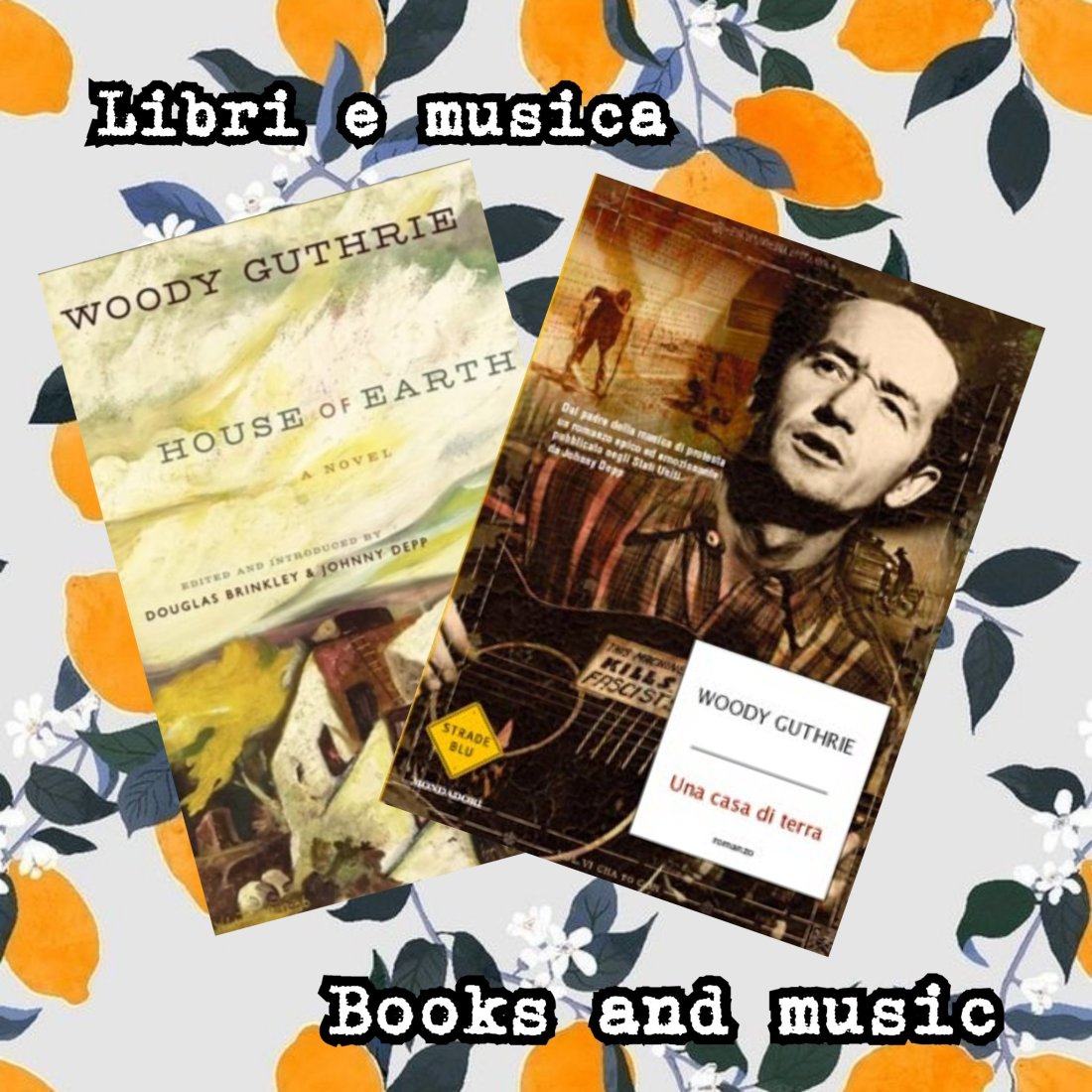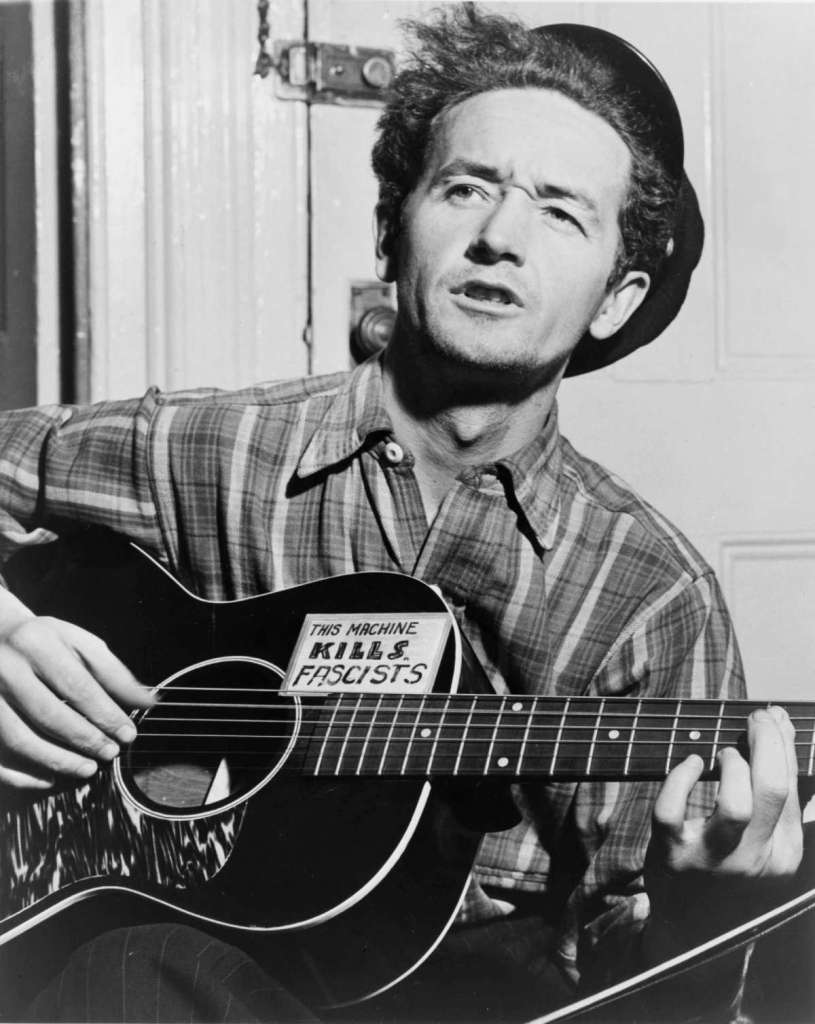Un album d’esordio è certamente un passo importante per qualsiasi artista: è la prima pietra scagliata, l’approdo ufficiale nel mondo della musica, una dichiarazione d’intenti, una prima raccolta di esperienze e riflessioni che finalmente prendono forma, dopo innumerevoli esercitazioni e tentativi; c’è chi dice, infatti, che si passa tutta la vita a scrivere il primo album. Ma non è sempre così: la sua realizzazione può essere anche un percorso lungo, tortuoso e – a volte – doloroso, e la sua pubblicazione rappresenta un momento liberatorio e di rinascita, prima ancora di iniziare.
Katy J Pearson, prima di diventare la cantautrice che conosciamo oggi, era ½ del duo pop Ardyn (insieme a suo fratello), ma il progetto purtroppo non si concluse nel migliore dei modi: un’altra triste storia di come le major riescano benissimo a soffocare la creatività dei piccoli artisti e quindi, dopo tre EP pubblicati, i due giovani musicisti furono inevitabilmente schiacciati dalle pressioni della casa discografica e costretti a cedere. In particolare Katy, determinata a continuare in un modo o nell’altro la carriera musicale, trascorse gli anni successivi a rimettere insieme i pezzi di un sogno che aveva costruito con tanta devozione, per poi risorgere sotto una nuova veste.

Return – uscito a Novembre 2020 – è il risultato di quel (non facile) periodo di autoanalisi e scrittura: è l’esordio di un’autrice solista, ma anche il suo ritorno sulla scena musicale. Leggendo i testi, ciò che colpisce è la saggezza con cui Katy parla del percorso che l’ha portata ad aprire questo nuovo capitolo, senza nascondere neanche una tenue vulnerabilità:
I’ve changed like the weather
I’ve changed for the better
I’m as light as a feather
And as dark as a cave
But you know me better
I’m see through
Like a glass wall
You can see me much better than before
(Sono cambiata come il tempo / Sono cambiata per il meglio / Sono leggera come una piuma / E scura come una caverna / Ma tu mi conosci meglio / Sono trasparente / Come un muro di vetro / Puoi vedermi molto meglio di prima)

È palpabile anche la gioia di essere tornata a fare quello che ama di più, e di poterlo fare in un nuovo ambiente che le permette di sviluppare al meglio la sua arte in totale libertà. Questi momenti di coinvolgente spensieratezza (Tonight, Fix Me Up, Take Back The Radio, Miracle), si alternano a momenti di delicata malinconia (Beautiful Soul, Return, Hey You), in cui spesso Katy rivolge parole di conforto e comprensione ad uno sconosciuto interlocutore – o magari a sé stessa -, sempre con la sua voce acuta, cristallina e deliziosamente naïf.
A rendere questo disco ancora più unico è la vena d’ispirazione country che permea tutto l’album ma che trova in alcuni brani in particolare (Something Real, On The Road, Waiting For The Day) il suo terreno più fertile: canzoni intrise di un senso di avventura cinematografico, dal retrogusto amaro in ricordo delle sfide del passato, ma piena di speranza per il futuro. Un futuro in cui Katy sarà sempre libera di sbocciare, di trasformare in musica e parole tutto quello che proviene dalla sua bellissima anima, e questo suo ritorno è solo l’inizio.







